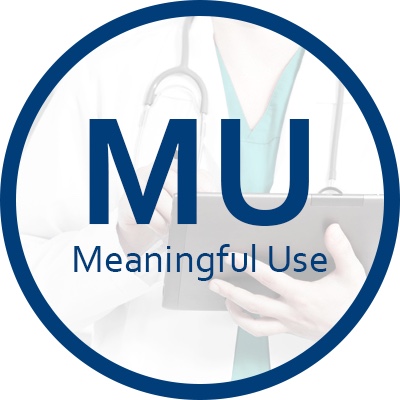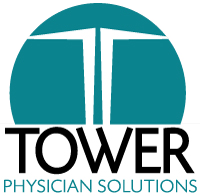Nephrology Today Blog

Meaningful Use: Avoid Audit Panic
Jan 21
Spending two weeks preparing for an EHR Meaningful Use audit may not be one of your top goals for this quarter. In fact, it’s almost certainly something you don’t have time for. After all, you’re in Healthcare to help patients and they are your top priority.
Unfortunately, if you receive an audit notice from Medicare, you will have no choice but to comply promptly because a failed audit could cost your practice the Meaningful Use incentive payment and subject you to a penalty of up to 5% of your Medicare payments. You will only be allowed 14 days to submit the required documentation, unless an extension is granted. This is very little time to search for documentation as you manage your other projects. However, it can be done smoothly and quickly if you are well-prepared.
“Record and file the past in the past. Through excellent documentation and organization, you will avoid the panic that might come with an audit notice from CMS,” advises Kyle Morris, Meaningful Use Coordinator with NANI, a practice of 82 physicians in Illinois and Indiana.
“Start planning now,” suggests Ms. Morris, “because if you don’t plan until after the fact, there are some things you won’t be able to prove in your audit.” CMS may audit any attestations submitted in the last six years, so it is important to save paper and electronic copies of your records carefully.
• Maintain records as you go, documenting and storing support for attestation for Meaningful Use and clinical quality measures.
• Run reports from your EHR regularly and review them for accuracy, so you can pinpoint any deficiencies and find their causes. This will prevent an out-of-range number in your report from becoming an issue in your audit.
• View and print the record of your attestation that is available as a .pdf file immediately after you attest.
• Take screen shots that show things you wouldn’t otherwise be able to prove. For example, use screen shots to show core objectives which have been turned on and EHR reports before they are converted to another file format, such as Excel.
• Think of ways to prove the negative. For example, if a physician didn’t give any immunizations, take a screen shot of the screen in the EHR that shows there were none performed.
• Keep dated meeting notes if they could be relevant and support your attestations, like those from security risk analysis discussions.
In preparation for an audit, also be sure to review the CMS online materials for requirements, sample audit letters and ways you can support your attestations. In addition, some practices receive guidance from their EHR vendor. Your vendor may even have a specialist in Meaningful Use audits available to help you prepare documentation for every step of the process.
In summary, Kyle Morris states, “With random pre- and post-attestation audits, every provider has the potential to be audited by CMS. To make that process go more smoothly and successfully, gather your evidence as you go. Stay organized and what you need will be easy to access when the time comes.”
Kyle Morris is a consultant with Tower Physician Solutions and Meaningful Use Coordinator for NANI, Nephrology
Associates of Northern Illinois and Indiana.
Tower Physician Solutions is a management services organization offering practice management services to small nephrology practices nationwide, including coding, billing, accounting, technology support, HR support and strategy consultation.
Tags: Audit, EHR, meaningful use, Medical Practice, MU, nephrology, Practice Management
E-mail info@towerps.com or call 630-243-5731.
